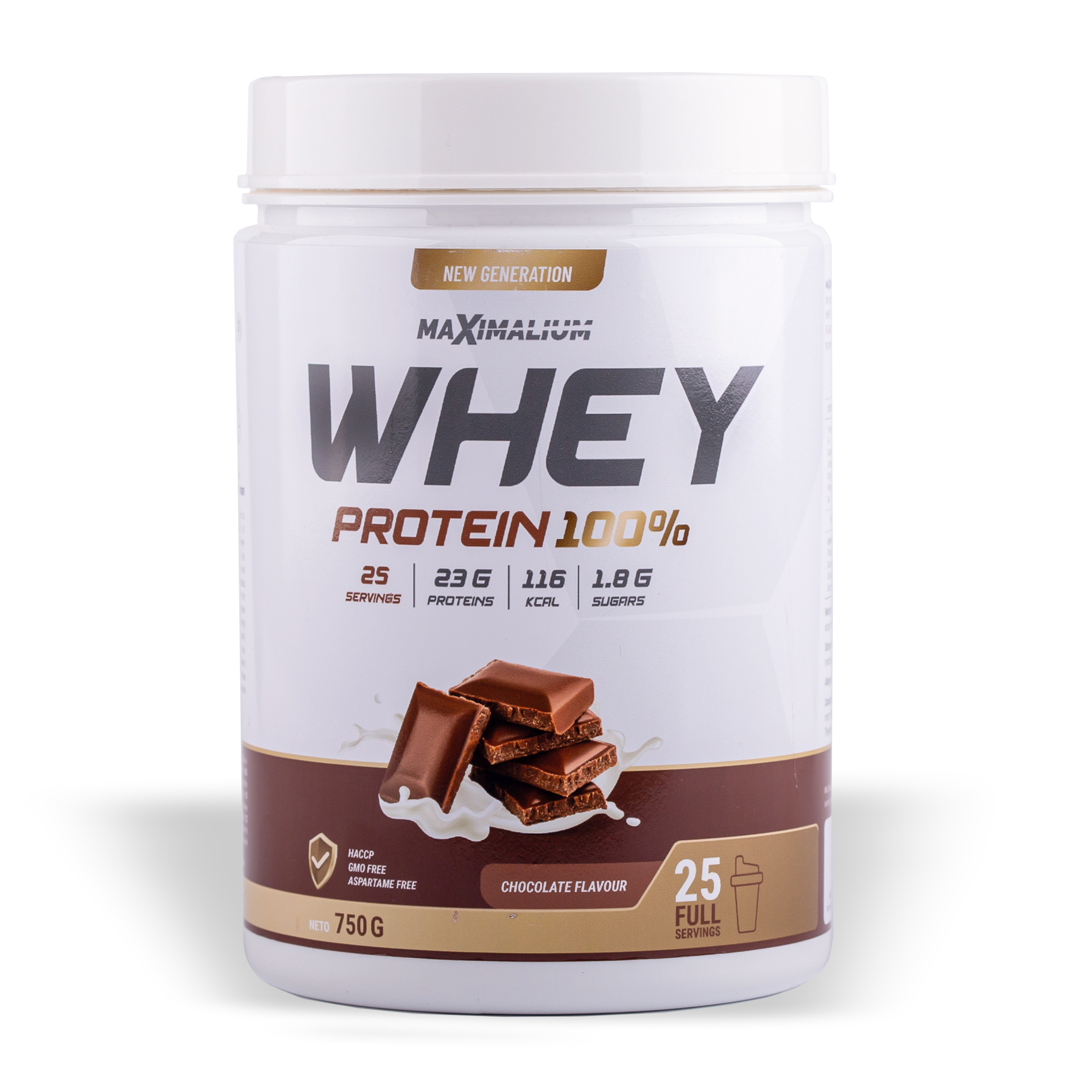
If you go to a gym, then you’ve observed the athletes at the weight machines discussing the shakes of protein they consume after workouts and the type of shake they prefer. Protein powders, whether made into a shake or consumed in whatever way you like become increasing in popularity as a supplement to your diet.
Protein powders are available at every store selling nutrition and across the Internet. There are also ready-to-drink protein shakes that are pre-mixed in many stores. However, are they only meant for bodybuilders? Or can the average everyday athlete benefit from them as well?
What Are Protein Powders?
Protein powders are available in a variety of forms. The three most common types are whey and soy and the casein protein. “Whey is the most commonly used because it’s a water-soluble milk protein,” says Peter Horvath, Ph.D., associate professor in the department of nutrition and exercise sciences of the State University of New York at Buffalo. “It’s also a complete protein, so it’s got all those advantages.” (Complete proteins are made up of all nine amino acids required for human dietary needs.) Vegans may prefer soy protein. However, Horvath explains that its flavor can be viewed as more unpleasant. It also does not dissolve as easily in water.
Protein powders also come with widely varying price tags. “For the casual athlete who doesn’t have a specific need at a certain time of their training, the cost is not that important,” says Horvath. “So in the event that you do decide to use these products, you’ll reap nearly the same benefits from the cheaper, more commercially available proteins.
Under certain conditions, protein powder can be beneficial. “It’s an easy and convenient source of complete, high-quality protein,” claims Carole Conn, Ph.D., associate professor of nutrition at the University of New Mexico. But, remember that the majority of individuals, even athletes can get all the benefits they need by eating sources of protein that are lean, such as fish, meat as well as chicken, and dairy products.
When would you be able to make use of these? There are a few possibilities why an athlete of any level could be looking to add more protein to his or her diet, says Barbara Lewin, a dietitian and sports nutritionist who has worked with NFL, NBA, and NHL athletes as well as trained Ironman athletes:
- As you grow. Teenagers require more protein to fuel their exercise routines, since their body’s still growing and is consuming greater amounts of protein.
- If you’re just starting out a fitness program. If exercising is a new concept to you , and you’re trying to gain muscle, you’ll need extra protein in comparison to what you normally would.
- When you’re amping up your training. If you’re accustomed to exercising for a half-hour a few times a week, however, you’ve decided to work towards a half-marathon, your body will need more protein.
- If you’re recovering after an accident. Sports injuries are common among athletes. require more protein to assist their healing.
- If you’re going vegan. People who follow a vegan or vegetarian lifestyle are able to eliminate many common proteins from their diet, like meat, chicken, and fish, and sometimes eggs and dairy as well.
“All of those are valid reasons for trying to get more protein into your diet, and protein powders are one way to do that,” Lewin says. Lewin.
But there’s an important warning, Lewin adds: it does not take a huge amount of protein to achieve those objectives. Most Americans have around 15 percent of their daily calories in protein. To gain a pound in muscle Lewin explains, the body requires approximately 10 to 14 additional grams of protein daily.
“That’s really not that much. Certain of these powders offer an average of 80 grams protein in each serving. You don’t need that. The only thing your body will have to do is break it down into energy. A lot of protein can make the kidneys and liver suffer.
Protein Math
How can you determine whether you’re taking enough protein? Calculate.
The following daily suggestions come straight from American College of Sports Medicine and the Academy of Nutrition and Dietetics:
- The average adult needs 0.8 grams of protein per kilogram body weight daily.
- Those taking part in athletics for recreation require 1.1 up to 1.4 grams of protein for every kilograms of body weight.
- Competitive athletes need 1.2 or 1.4 grams. Those engaged in ultra-endurance sport may need up to 2.0 g per kilogram of weight.
- Athletes building muscle mass need 1.5 to 2.0 grams per kilogram per day.
Let’s say you’re an adult sportsperson who is looking to build muscles. You weigh about 75 kilograms (165 pounds). The amount of protein you’d require per day is 150 grams. This is much. However, a 4-ounce hamburger has 30 grams protein. 6 ounces tuna contains 40 grams of protein, and one ounce worth of cheddar cheese has 7 grams.
